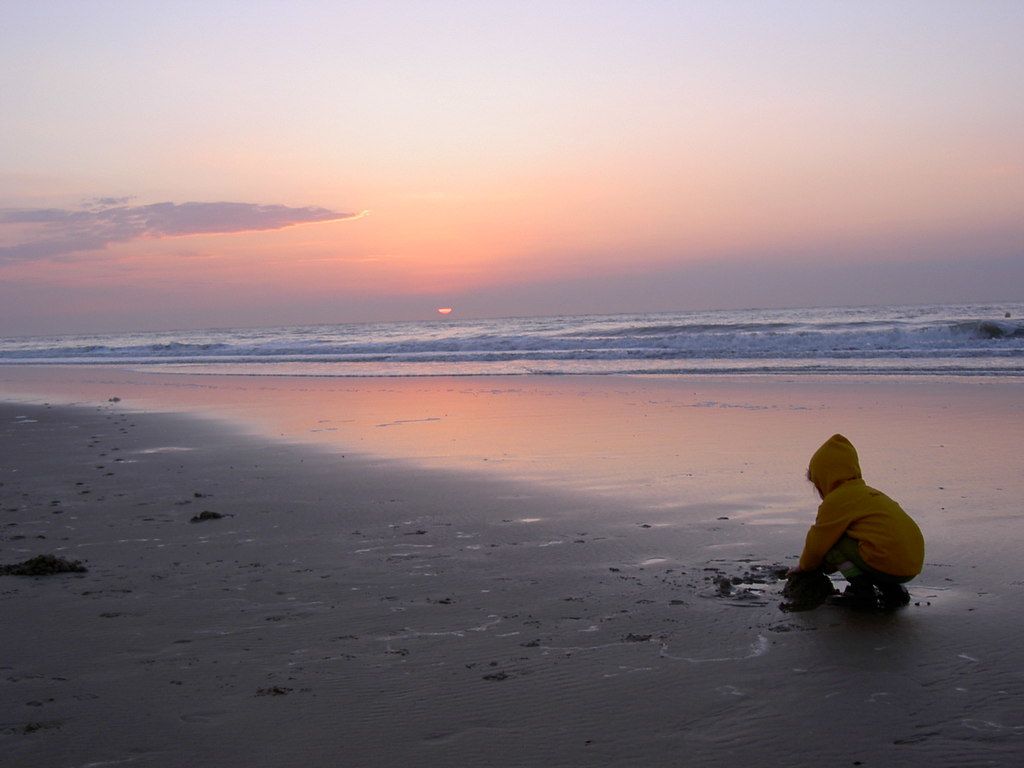U.S. Congress Intensifies Scrutiny over American Universities' Links with China
The heat is on for China's involvement in American universities, with Capitol Hill launching an unprecedented crackdown on this issue. This intense bipartisan oversight campaign is one of the most aggressive and sustained in Washington's history.
While the recent actions by the Trump Administration, such as the effort to prevent foreign students from enrolling at Harvard University or the pause on new student visa interviews, have grabbed headlines, Congressional scrutiny of the ties between American colleges and China predates these actions. This oversight is already extensive and far-reaching.
Lawmakers, both Democrats and Republicans, have long raised concerns about China using the openness of U.S. universities to advance its military and technological ambitions. As far back as 2019, Senate hearings and reports warned about Chinese government-linked entities using academic partnerships to facilitate technology transfers and undermine research integrity.
Now, Congress is going public and getting tough on this front. They're not just issuing warnings anymore; they're formulating and implementing policies. They're working on reforms to Section 117 of the Higher Education Act and proposing new powers for CFIUS, all aimed at significantly curbing Chinese influence across the U.S. higher education landscape.
Recently, House Select Committee on China Chairman John Moolenaar (R-MI) and House Education Committee Chairman Tim Walberg (R-MI) sent letters to several universities, urging them to terminate partnerships with Chinese universities. Some universities, like Duke University, have come under scrutiny for joint ventures with Chinese institutions, with lawmakers expressing concerns about potential access to sensitive U.S. technologies by the Chinese government.
This new phase isn't just about institutional arrangements. Congress is also seeking detailed information about Chinese nationals studying at elite U.S. universities. In March 2025, the House Select Committee on the Chinese Communist Party requested data from institutions like Stanford University, citing concerns about Chinese students in STEM programs potentially being part of a systematic effort by the Chinese government to acquire sensitive technologies.
Harvard University is facing similar scrutiny, with lawmakers demanding explanations for its collaborations with Chinese entities linked to military and sanctioned organizations. The inquiry focuses on potential dual-use research and partnerships that could inadvertently support China's military advancements.
The consensus on China's influence is one of the few bipartisan constants in an otherwise fractured political landscape. American universities should brace themselves for more hearings, more target letters, more proposals, and ultimately more laws. They'll need to strike a new balance that safeguards their missions while addressing mounting concerns on Capitol Hill. After all, academic openness can't come at the expense of national security.
- The U.S. and China's relationship is under scrutiny, particularly China's involvement in American universities.
- Capitol Hill's crackdown on this issue is intense and historic.
- The Trump Administration's actions, such as preventing foreign students at Harvard, have drawn attention.
- However, Congressional oversight of ties between American colleges and China predates these actions.
- Lawmakers have long raised concerns about China using U.S. universities for military and technological ambitions.
- In 2019, Senate hearings and reports highlighted Chinese entities using academic partnerships for technology transfers.
- Now, Congress is going public and getting tough on this front.
- They're not just issuing warnings; they're formulating and implementing policies.
- Reforms to Section 117 of the Higher Education Act and new powers for CFIUS are aimed at curbing Chinese influence.
- House Select Committee on China is urging universities to terminate partnerships with Chinese universities.
- Duke University, for instance, is under scrutiny for joint ventures with Chinese institutions.
- Lawmakers are concerned about potential access to sensitive U.S. technologies by the Chinese government.
- The House Select Committee on the Chinese Communist Party has requested data from institutions like Stanford.
- Chinese students in STEM programs are a focus of concern, with potential systemic efforts by the Chinese government to acquire sensitive technologies.
- Harvard University is under investigation for collaborations with Chinese entities linked to military and sanctioned organizations.
- The inquiry focuses on potential dual-use research and partnerships supporting China's military advancements.
- Bipartisan concern over China's influence is one of the few constants in a fractured political landscape.
- American universities should expect more hearings, letters, proposals, and laws.
- They'll need to strike a balance between safeguarding their missions and addressing concerns on Capitol Hill.
- Education, self-development, and personal growth should not be neglected amidst this intense scrutiny.
- Mindfulness practices can facilitate personal growth and help manage stress during turbulent times.
- War and conflicts, concern for technology spying, and policy changes pose challenges for productivity.
- Career development may also face hurdles due to job-search, policy, and legislative changes.
- Online education can offer flexible options for learning, especially in the wake of potential immigration policies.
- Migration, whether for education or career, brings a mix of opportunities and challenges.
- General news, crime, accidents, fires, and weather events can impact personal, professional, and academic lives, as can sports, sports-betting, and European leagues.








